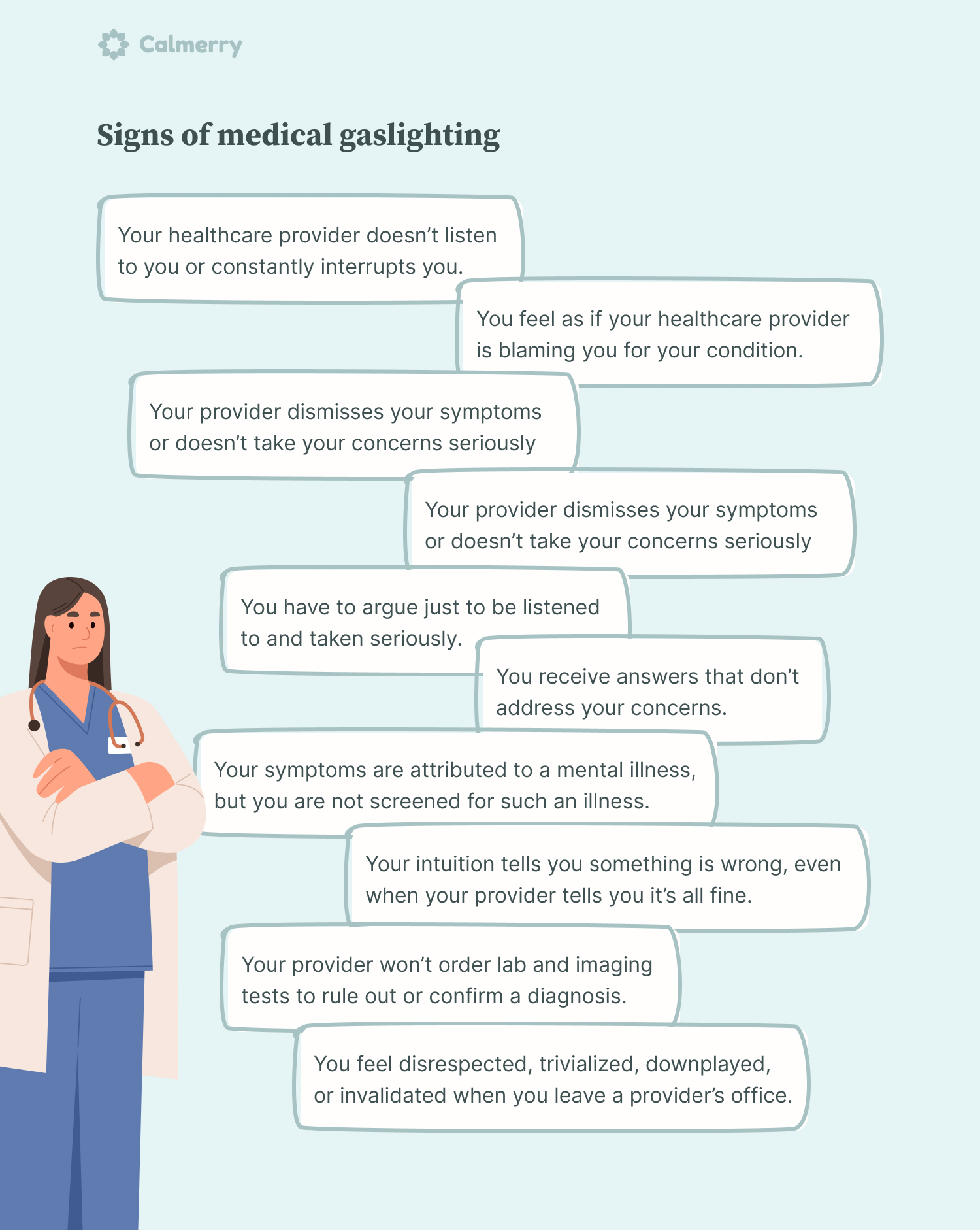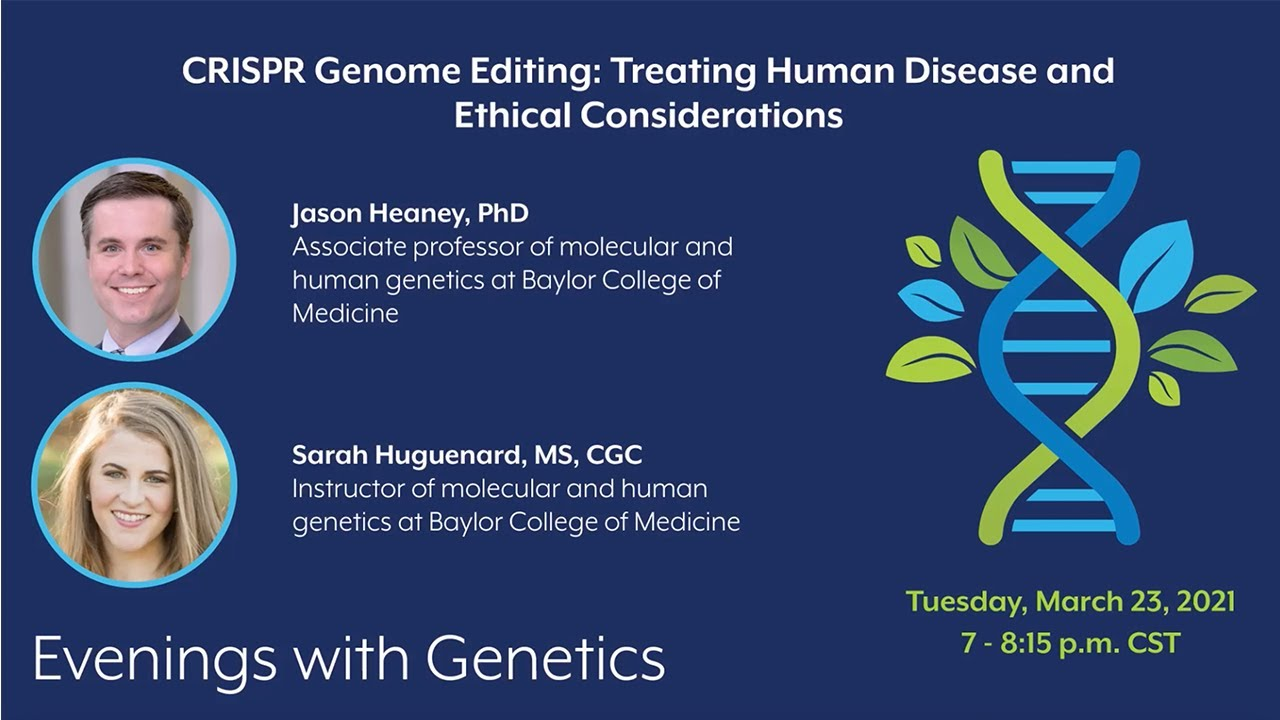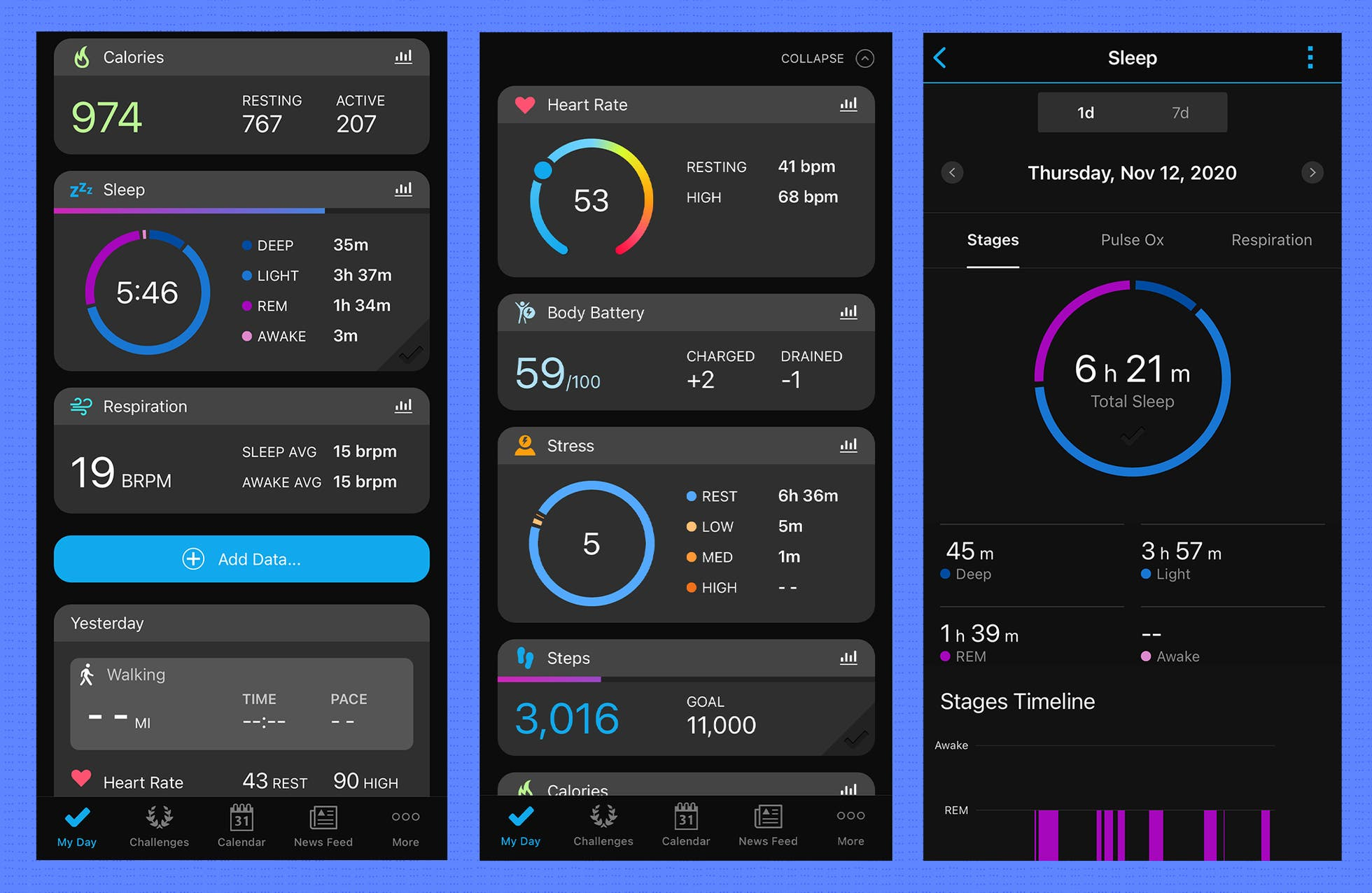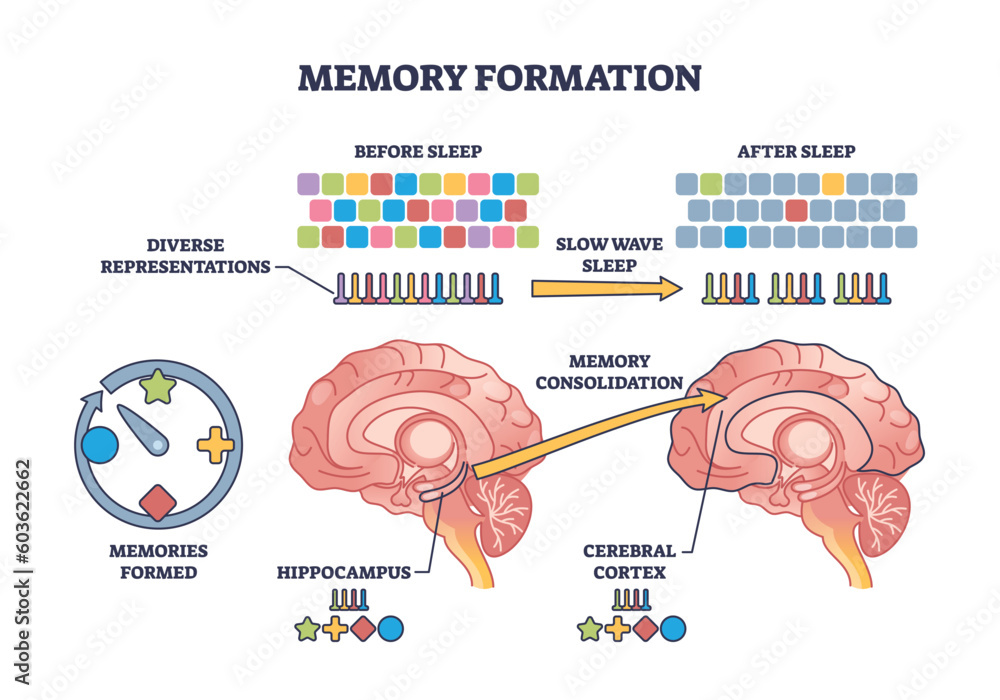
Medical Gaslighting: Understanding Its Impact on Healthcare
Medical gaslighting is an insidious phenomenon within the healthcare landscape, where patients often feel dismissed or invalidated by their medical providers. This troubling issue arises particularly when patients present with chronic or poorly understood conditions, facing challenges in receiving the validation of their symptoms. The psychological impact of such medical invalidation can be profound, eroding trust in the doctor-patient relationship and complicating the overall patient experience. As healthcare communication becomes increasingly strained due to mounting caseload pressures on physicians, the potential for medical gaslighting continues to grow. Understanding and addressing this problem is crucial for fostering compassionate care and improving communication between patients and healthcare providers.
The term ‘medical invalidation’ can be used interchangeably with medical gaslighting to describe a situation where patients find their experiences and symptoms undermined by their healthcare professionals. This occurrence often stems from a lack of understanding of the complex nature of certain medical conditions that defy straightforward diagnosis or treatment. As the healthcare sector emphasizes efficiency, the quality of interactions between professionals and patients may wane, leading to feelings of neglect and disconnection. Discussions around the psychological effects of being subjected to such invalidation highlight the need for more empathetic and patient-centered approaches in medical practice. Recognizing these dynamics is essential for improving healthcare communication and enhancing the overall patient experience.
Understanding Medical Gaslighting and Its Implications
Medical gaslighting refers to a situation where patients feel dismissed or invalidated by healthcare providers regarding their symptoms or health concerns. It often arises when a doctor cannot find a clear medical explanation for a patient’s ailments, leading them to suggest the issues might be psychological or fabricated. This experience can be excruciatingly frustrating for patients, particularly those dealing with complex, chronic conditions that may defy conventional diagnostic methods. As social media amplifies discussions about medical gaslighting, more people are learning to recognize and name their experiences, resulting in greater awareness and support for affected individuals.
The debate surrounding the term ‘medical gaslighting’ often revolves around the ambiguity of intent. While some argue that true gaslighting involves an intention to deceive, others point to the end result—where the patient feels their lived experience is questioned or minimized. Psychologists emphasize that this doesn’t always stem from malice; instead, it can often result from systemic pressures faced by healthcare providers. Recognizing these dynamics can be a crucial step toward fostering a compassionate doctor-patient relationship, allowing for a more productive and empathetic conversation that acknowledges the reality of the patient’s experiences.
The Role of Healthcare Communication in Patient Experience
Effective healthcare communication is vital in enhancing the patient experience, especially when navigating sensitive health issues. When healthcare providers take time to listen to their patients, acknowledge their concerns, and provide clear explanations, it can significantly reduce feelings of medical invalidation. Patients who feel heard tend to have better health outcomes and are more likely to adhere to treatment plans. The quality of communication can build trust within the doctor-patient relationship, ultimately leading to improved healthcare experiences.
Moreover, open dialogue in healthcare encourages patients to express their concerns and symptoms without fear of being dismissed. By asking open-ended questions and validating patients’ feelings, providers can mitigate anxieties about their conditions. This proactive approach not only addresses immediate health concerns but also fosters a supportive environment where patients feel empowered to participate in their healthcare journey. By emphasizing communication, healthcare systems can reduce occurrences of medical gaslighting, leading to better patient satisfaction and engagement.
Impact of Systemic Pressures on Doctor-Patient Relationships
Systemic pressures within healthcare settings can severely impact the quality of interactions between physicians and patients. High patient caseloads, tight schedules, and excessive administrative tasks can detract from the time available for meaningful patient engagement. Consequently, providers may unintentionally skip important empathic interactions, leading to perceptions of being rushed or dismissed. This environment can foster feelings of medical invalidation, as patients may interpret hurried consultations as a lack of interest in their experiences and concerns.
Addressing systemic issues is crucial for improving encounters in healthcare. By advocating for policies that prioritize patient-centered care, we can reduce the workflow pressures that contribute to burnout among providers. When physicians are allowed more time and support, the likelihood of medical gaslighting decreases, leading to enriched doctor-patient relationships. Ultimately, a commitment to creating a more sustainable healthcare system can enhance overall patient experience and promote better health outcomes.
Recognizing Medical Invalidation: A Path to Healing
Medical invalidation occurs when patients’ experiences, feelings, or symptoms are dismissed or not taken seriously by healthcare providers. This phenomenon can lead to a deterioration of the patient experience, with individuals feeling isolated or distrustful of the medical system. Recognizing the signs of medical invalidation is crucial for both patients and providers, as it can serve as a pivotal step in addressing the underlying issues within doctor-patient interactions.
Awareness of medical invalidation encourages a shift towards more empathetic and compassionate care. Patients are empowered to voice their concerns and seek clarification when they feel their symptoms are being minimized. For healthcare providers, acknowledging these invalidations presents an opportunity for reflection and improvement in communication practices. By fostering an environment that prioritizes understanding, healing becomes more attainable for patients who have previously felt unheard or disregarded.
Navigating the Psychological Impact of Medical Gaslighting
The psychological impact of medical gaslighting can be profound, often leading patients to doubt their own experiences and even their mental health. When healthcare providers dismiss symptoms or imply that they are purely psychological, it can foster feelings of hopelessness, frustration, or anxiety in patients. This emotional turmoil not only affects their overall well-being but can also deter them from seeking further medical advice, perpetuating a cycle of unresolved health issues.
Addressing the psychological ramifications of medical gaslighting is essential in creating a healthier healthcare landscape. By validating patients’ experiences and fostering open communication, healthcare providers can help restore patients’ confidence in their own narratives. Supportive interventions, such as mental health resources and counseling, can also be instrumental in helping individuals process their experiences, thereby allowing them to regain agency over their health and well-being.
Building Trust in the Doctor-Patient Relationship
Trust is the cornerstone of effective healthcare, and building it requires mutual respect and clear communication. When patients feel confident in their healthcare providers, they are more likely to be open about their symptoms and concerns. Trust also minimizes the chances of misunderstandings that could lead to feelings of medical gaslighting. Healthcare professionals can foster this trust through active listening, acknowledging patient experiences, and providing comprehensive explanations of medical conditions and treatment plans.
Additionally, establishing a rapport with patients can enhance the overall healthcare experience. Healthcare providers can engage in discussions that invite patient participation in decision-making, which promotes an inclusive approach to health management. A trust-based relationship not only improves the patient experience but also enables providers to understand their patients’ needs better, leading to more tailored and effective treatment strategies.
Transformative Changes in Healthcare Systems
Transformative changes in healthcare systems can address the root causes of medical gaslighting and patient dissatisfaction. By focusing on policies that emphasize patient-centered care, healthcare organizations can create environments where providers have the time and resources necessary to engage fully with patients. These changes can include reducing patient loads, improving administrative support, and providing training for effective communication strategies.
Furthermore, systemic reforms should prioritize mental health resources and support for healthcare providers themselves. By addressing provider burnout and ensuring they have strategies for work-life balance, healthcare organizations can improve the overall quality of care. This holistic approach fosters an atmosphere of empathy, understanding, and shared responsibility, ultimately leading to a significant reduction in medical invalidation and enhanced patient experiences.
Empathy as a Tool Against Medical Gaslighting
Empathy plays a critical role in combating medical gaslighting within the healthcare system. When healthcare providers genuinely strive to understand patient experiences and perspectives, they can create a more inclusive environment that validates patient concerns. This approach not only fosters trust between providers and patients but also encourages patients to express their symptoms and feelings without fear of being dismissed.
Incorporating empathy into healthcare practices enhances the doctor-patient relationship and can mitigate feelings of medical invalidation. Training for healthcare professionals that emphasizes the importance of empathetic communication could lead to transformative changes in service delivery. By making empathy a cornerstone of healthcare interactions, both patients and providers can work collaboratively towards better health outcomes.
Promoting Patient Empowerment in Healthcare
Patient empowerment is essential for fostering a collaborative approach in healthcare that can minimize experiences of medical gaslighting. When patients feel empowered to advocate for their own health, they are more inclined to voice their concerns and ask questions about their conditions. This active participation can lead to more accurate diagnoses and effective treatment plans, as healthcare providers gain a deeper understanding of their patients’ experiences.
Moreover, promoting patient education about their health conditions can significantly impact their overall experience. When patients have access to resources and information regarding their symptoms, they can engage in informed discussions with their healthcare providers. This empowerment not only enhances the doctor-patient relationship but also dismantles the power dynamics that often contribute to feelings of invalidation, creating a more egalitarian healthcare environment.
Frequently Asked Questions
What is medical gaslighting and how does it relate to patient experience?
Medical gaslighting refers to situations where healthcare providers dismiss or invalidate a patient’s experiences or symptoms, leading them to feel misunderstood or unsupported. This can have a significant negative impact on the patient experience, undermining trust in the doctor-patient relationship and leaving patients feeling isolated and confused about their health conditions.
How can psychological impacts of medical gaslighting affect patients?
The psychological impacts of medical gaslighting can be profound, leading to decreased self-esteem, increased anxiety, and feelings of worthlessness. When patients feel their concerns are minimized or deemed unworthy of attention, it can contribute to a cycle of doubt about their health and emotions, exacerbating conditions and hindering recovery.
In what ways does healthcare communication contribute to medical gaslighting?
Healthcare communication plays a crucial role in either preventing or perpetuating medical gaslighting. Clear, empathetic communication from providers can foster trust and validation, while poor communication may lead to misunderstandings and feelings of invalidation. It is essential for healthcare professionals to actively listen and engage with patients to mitigate the risks of medical gaslighting.
Why is the doctor-patient relationship important in addressing medical gaslighting?
The doctor-patient relationship is fundamental in addressing medical gaslighting as it is built on trust and open communication. A strong, supportive relationship enables patients to express their concerns without fear of dismissal, which can lead to better health outcomes and enhanced patient satisfaction. Trust allows for honest discussions about symptoms, leading to more accurate diagnoses and treatment plans.
What distinguishes medical gaslighting from medical invalidation?
While medical gaslighting implies an intent to deceive or manipulate, medical invalidation refers to scenarios where a patient’s experiences are minimized or ignored, often without malicious intent. Understanding this distinction helps in addressing the issues within the healthcare system, promoting a more compassionate approach towards both patients and providers.
How can patients advocate for themselves to avoid medical gaslighting?
Patients can advocate for themselves by preparing for medical visits with a clear list of symptoms, questions, and concerns. Communicating openly and assertively with healthcare providers about their experiences can help prevent misunderstandings. Additionally, seeking second opinions or bringing supportive family members to appointments can empower patients to ensure their concerns are heard and validated.
What are some systemic changes that could help reduce medical gaslighting in healthcare?
Systemic changes to reduce medical gaslighting could include improving patient-doctor communication training for healthcare professionals, addressing workload pressures that limit direct patient interaction, and emphasizing shared decision-making in treatment plans. Enhancing support structures for physicians to manage their workloads could also lead to more empathetic and attentive patient care.
What role does social media play in highlighting issues of medical gaslighting?
Social media plays a significant role in raising awareness about medical gaslighting, allowing patients to share their experiences and create a community of support. These platforms provide a space for discussion on healthcare communication challenges and can pressure healthcare systems to address and rectify these issues, ultimately aiming to improve the doctor-patient relationship.
How do caseload pressures influence the occurrence of medical gaslighting?
Caseload pressures can increase the likelihood of medical gaslighting as doctors may feel rushed during patient visits, limiting their ability to listen empathetically or explore patients’ concerns thoroughly. This can lead to missed opportunities for validation and understanding, which can exacerbate feelings of being unheard or dismissed by patients, contributing to adverse healthcare experiences.
What can healthcare providers do to prevent medical gaslighting?
Healthcare providers can take proactive steps to prevent medical gaslighting by focusing on empathetic listening, validating patient experiences, and fostering an open dialogue about symptoms. Allocating sufficient time for consultations and being willing to admit uncertainty can also help build trust and understanding, ensuring that patients feel respected and acknowledged in their healthcare journey.
| Key Points |
|---|
| **Definition:** Medical gaslighting refers to patients feeling dismissed or invalidated by healthcare providers, especially in cases of difficult-to-diagnose conditions. |
| **Psychological Insight:** Alexandra Fuss, a psychologist, suggests that many instances labeled as gaslighting are actually ‘medical invalidation,’ lacking malicious intent. |
| **Systemic Pressure:** High caseloads and administrative burdens on healthcare providers contribute to invalidating patient experiences. |
| **Need for Compassion:** Instead of labeling interactions as gaslighting, understanding the healthcare system’s pressures offers a compassionate approach. |
| **Focus on Solutions:** Addressing systemic issues and encouraging open communication could prevent patient invalidation. |
Summary
Medical gaslighting represents a serious issue within the patient-provider dynamic, often leading to feelings of invalidation and misunderstanding for patients. By recognizing that many healthcare professionals are not acting with intent to deceive, but rather are responding to systemic pressures, we can foster a more compassionate healthcare environment. It is crucial for both patients and providers to cultivate open communication and understanding, addressing the challenges within the healthcare system to mitigate instances of invalidation.


